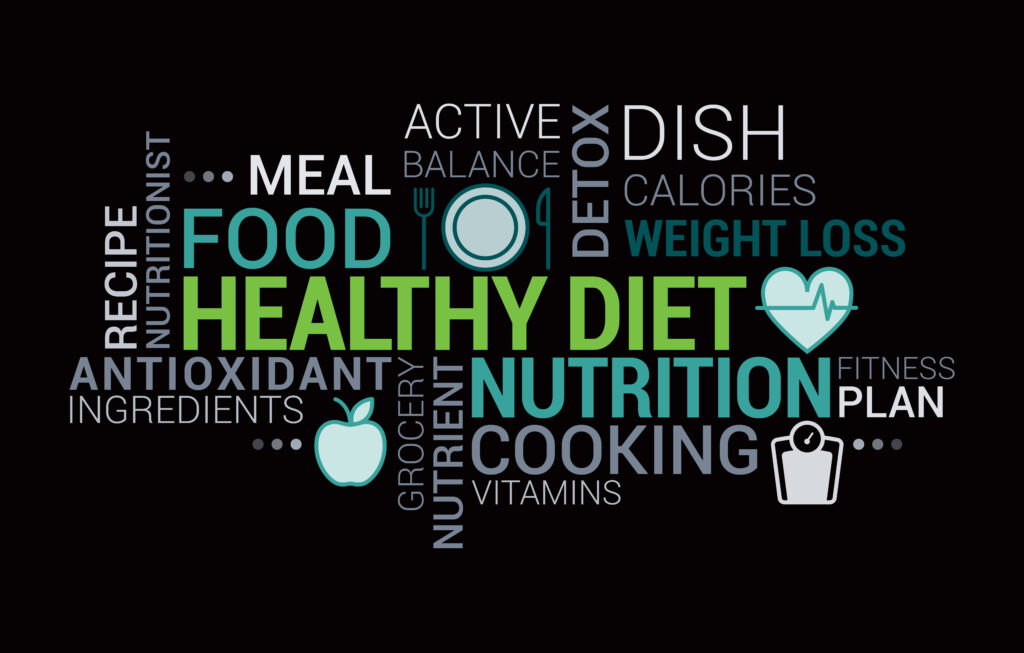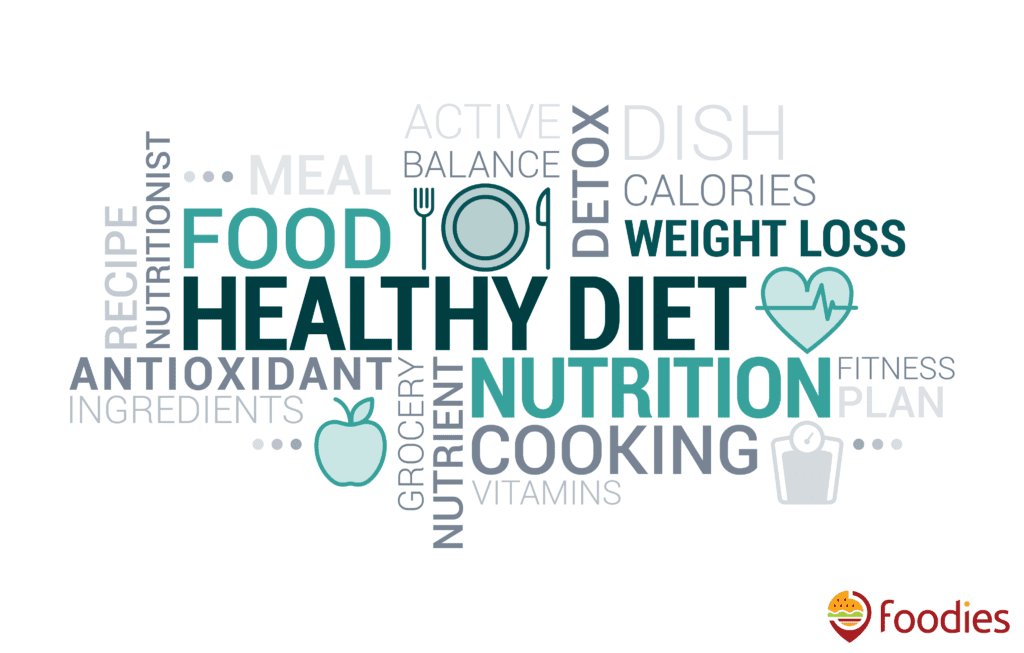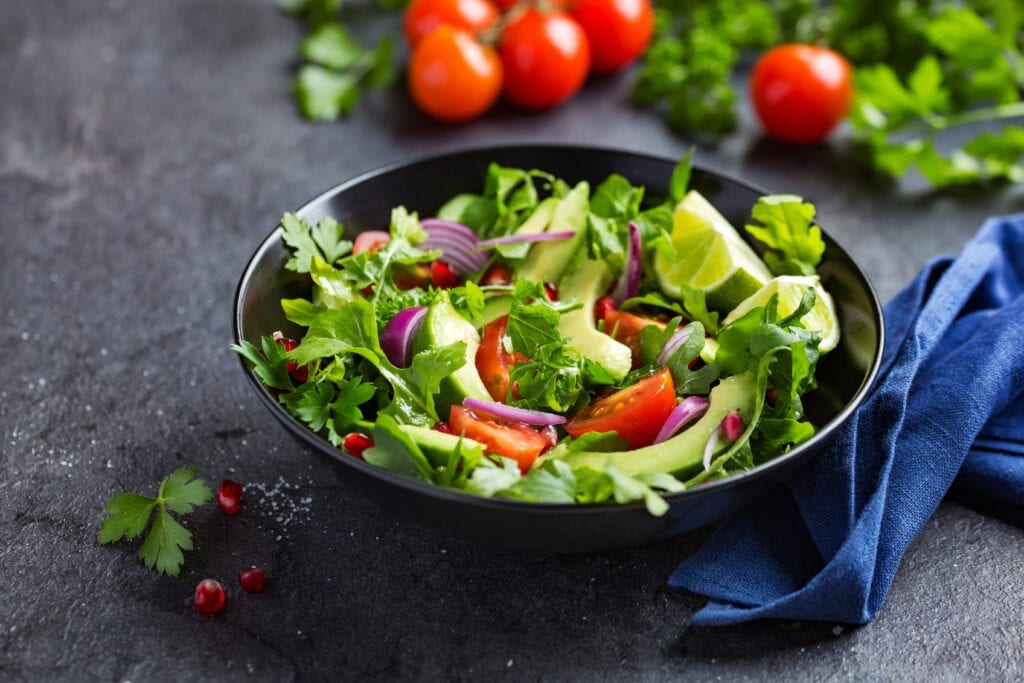
Concept of a Perfect Diet
Diet is a term that is often associated with either weight loss or gain in the modern world. In reality, it is a synonym for the maintenance of balanced eating habits. When an individual brings consistency in healthy food consumption or practices, it is called a diet. Well, let’s scrutinize more about the perfect diet and ways to formulate one!
What is a balanced diet?
A balanced diet is synonymous with a perfect diet. Have you ever thought about the statement? The balanced diet contains all the essential nutrients in an appropriate proportion so that our bodies remain healthier and smarter. Hence, a balanced diet also gets referred to as a perfect diet.
Food is practically the fuel to the human body, and we can not survive without it. Thus, we consume food regularly in portions that are breakfast, lunch, and dinner. Today, a majority of the population consumes several snacks and junk in between these food hours. Perhaps, it is due to the involvement of these inconsistent snacks and junk food that our diet does not form a balanced or a perfect one.

Essential Components
Formulating the perfect diet begins with understanding the essence of each of the foodstuff that is available to you. One needs to understand the nature and chemical composition, or in simpler terms the nutrients offered by the edible item, to determine the quantity of consumption.
Following is a list of essential components that must be part of your balanced diet:
1. Protein
Proteins are large biomolecules comprising of carbon, hydrogen, oxygen, and nitrogen or Sulphur that typically make up our bodies. Without proteins, we would not have even a single cell of our existence. These organic molecules keep building and repairing our body, or more precisely, cells. Hence, to grow healthily, one must consume protein-based foods regularly.
Sources
Meaty dishes and dairy products like milk, eggs, cheese, and yogurt happen to be the best sources of proteins. Other rich sources include legumes or pulses, nuts, and nut butter. Seeds like Quinoa or Chia seeds also add protein to dishes in abundant amounts.
2. Water
Well, proteins alone cannot do the entire magic. Every chemical process in the body requires a liquid medium. Thus, water is vital for our existence. It provides a medium for chemical processes, regulates body temperature, keep us hydrated, and whatnot.
Sources
Water and water-based drinks!
3. Carbohydrates
Whether you plan your diet or not, carbohydrates form 60% -70% of our daily calories. That’s because these molecules are the main source of energy for our bodies. It strengthens and fuels our nervous system, muscles, and organs. Fiber is also a carbohydrate molecule which helps in digestion and lowering cholesterol level.
Sources
Almost every article of food consists of a certain percentage of carbohydrates. Starchy vegetables like sweet potatoes, sugary fruits like bananas, oats, and legumes are a good source. For Fiber, you can rely on whole-wheat products, carrots, beans, barley, etc.
4. Fats
Well, the term Fats does not necessarily translate to excessive weight and obesity, don’t worry. Scientifically, it is one of the three major macronutrients required for the healthy growth of the human body. It fulfills about 15% of daily caloric needs and reduces inflammation in the body and lowers cholesterol levels. It ensures the efficient functioning of the brain and heart.
Sources
Although all fruits are a good source of fats, avocados, olives, and coconuts, are particularly rich with the nutrient. One can obtain plenty of fats from fatty fish, nuts, dark chocolates, eggs, biscuits, pastries, full-fat milk, and baked goods. Unhealthy fat comes from deep-fried foods or meaty products.
5. Vitamins & Minerals
Although vitamins and minerals are micronutrients, they contribute a lot to cell production, metabolism, and bone maintenance. These include iron, calcium, potassium, zinc, vitamin A, vitamin D, etc. Their deficiency can cause several disorders and diseases
Sources
Different foodstuffs provide different vitamins and minerals. They must be consumed in minimal amounts but frequently. For example, spinach and carrots provide vitamin A, while meat, fish, and poultry provide iron and vitamin B12.
https://www.healthline.com/health/food-nutrition/six-essential-nutrients

A Lead to the Perfect Formulation
Formulation and practice of a balanced diet are not as difficult as it may appear to a normal individual. You merely need to accumulate a few portions of each food group into your daily meals.
Firstly, try to consume 4-5 portions of fruits and vegetables together regularly. Please note that you can eat the fruits and vegetables in any form ranging from canned to cooked. Also, each portion refers to a single apple, banana, a slice of melon, a glass of fruit juice, or a few heaped tablespoons of vegetables.
Secondly, replace the starch-based diet into one where starch forms a third of it. Consume boiled potatoes with their skins, whole-wheat pasta, brown rice, and similar fiber-rich sources.
Thirdly, add in at least two portions of fish into your weekly diet as well as some meat and poultry. However, ensure that the portion of these food items is comparatively lower than other. If your diet consists of fats, then make sure they are unsaturated.
Fourthly, increase the intake of dairy products, especially milk and eggs. Try to eat an egg and a glass of milk every day so that your body attains its daily vitamins as well as minerals.
Do take out some time for research and study about your age group nutrient requirements. It is better to visit a dietitian or nutritionist too, though a little consumption of all nutrients daily can help you attain the perfect diet.
Conclusion
Now, that you have learned about the perfect or the balanced diet, try to bring alterations into your daily eating pattern, and take steps towards a healthy life. Surely, we all want to live as a physically fit and healthy individual.
Leave your comment
You must be logged in to post a comment.